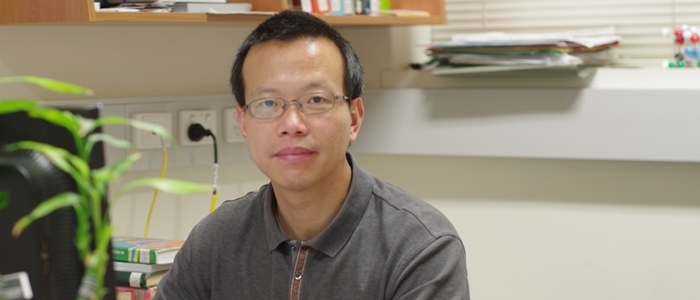News
3D printing bone tissue
Jun 28 2022
Dr Jie Zhang, based at Monash University, hopes to create an electrochemical device that can convert carbon dioxide (CO2) into oxygen, a potential game-changer in the greenhouse gas and climate change debate.

The device uses a concept that is drawn from the natural process of photosynthesis that is found in plants and converts CO2 into valuable products such as carbon monoxide, formate, hydrogen cardons and alcohols. In an aqueous solution, this process requires electrons and protons.
Carbon dioxide is produced through burning fossil fuels such as coal, or anything containing carbon, such as fuel in cars and machinery. Carbon dioxide production is an enormous and imminent issue for our earth, however due to recent awareness and government regulations, production of the gas has slowed down significantly in recent years. As the impact of climate change is clearer to us and the level of debate on the subject decreases, the need for fixes become more and more important.
Currently businesses that create large levels of CO2 store the gases elsewhere, such as in giant tanks under the ground. As well as being taxed for carbon production, the gas storage can cost businesses up to $140/tonne per year, meaning that businesses producing millions of tonnes of CO2 are spending ridiculous amounts of money to reduce harm to our planet. If Dr Jie Zhang and his team in Melbourne are successful, it could financially benefit large corporations as well as environmental benefits.
There have been rapid changes during recent times towards creating a technology capable of turning CO2 into oxygen, the electrochemical process has become more energy efficient and new 2D materials have provided additional help.
The technology is nearly ready to be introduced to industry organisations, with the team at Monash looking at scaling up the electrochemical device.













